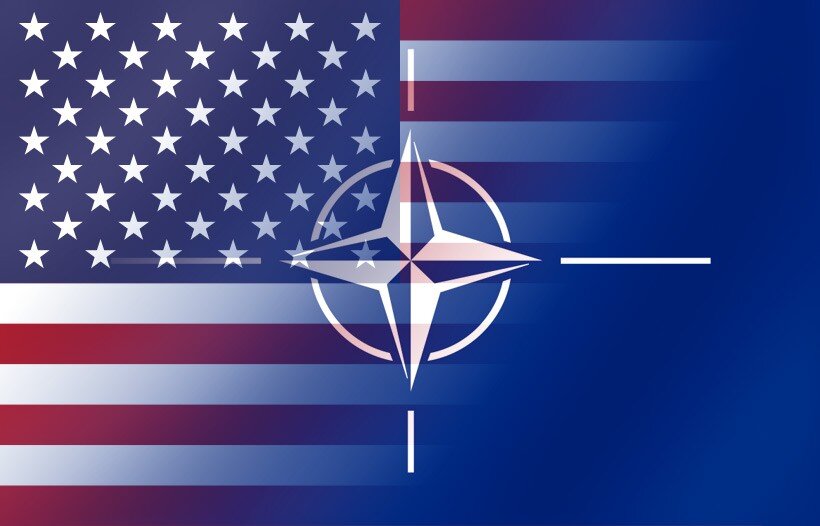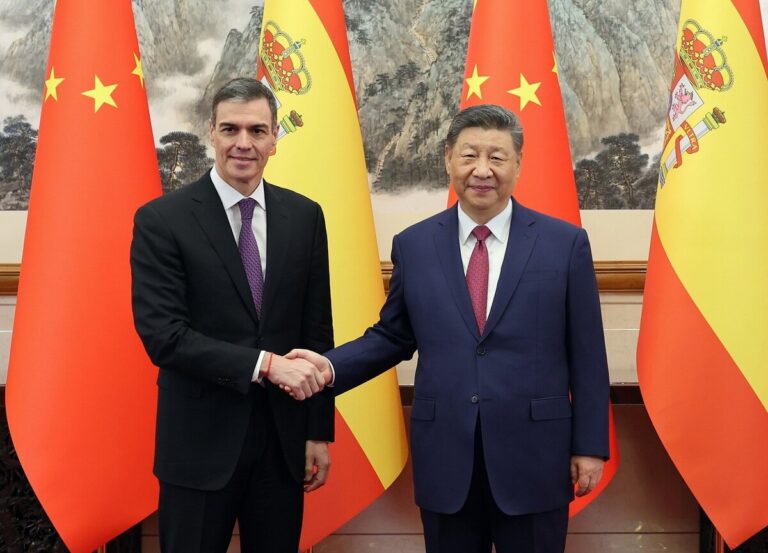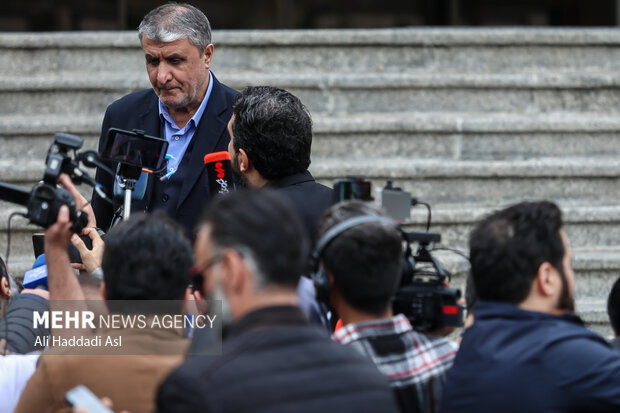US Contemplates Cutting Nearly All NATO Funding: What It Means for Global Security
The Trump administration is contemplating a significant budget overhaul that could drastically impact U.S. contributions to international organizations, including the United Nations and NATO. A recent report from the New York Times highlights that this proposal could eliminate nearly all funding for these organizations, which has raised concerns among various stakeholders.
According to unnamed officials and an internal memo cited in the report, the proposed budget cuts are part of a broader initiative to reduce the State Department’s budget by almost 50%. This drastic shift in funding priorities could have far-reaching implications for international relations and global humanitarian efforts. The key proposals include:
- Reduction in International Funding: Almost all funding for international organizations like the UN and NATO could be eliminated.
- Peacekeeping Operations: The initiative suggests significant cutbacks on international peacekeeping missions.
- Educational and Cultural Exchanges: All State Department programs related to educational and cultural exchanges could face funding cuts.
- Humanitarian Assistance: Over 50% of funding for humanitarian aid and global health programs is also on the chopping block.
There is currently uncertainty regarding Secretary of State Marco Rubio’s stance on this proposed budget. Sources from the Associated Press have confirmed the existence of the proposal but emphasized that it will need to pass through several rounds of review before it is presented to Congress for approval. One senior official described the budget outline as “aggressive” in its cost-cutting objectives, indicating a significant shift in U.S. foreign policy priorities.
In response to inquiries about the implications of cutting NATO funding, State Department spokeswoman Tammy Bruce reaffirmed the United States’ commitment to the military alliance. She clarified that the U.S. does not view NATO simply as a tool for engaging in warfare, but rather as a critical deterrent against aggression. Bruce stated:
“We want to make sure… that the nations in NATO can deliver on the mission of NATO, which is to be a deterrent. It is not to help with wars or to help fight them… NATO was meant to be a collection of entities that would stop the bad actors from doing bad things.”
The Trump administration has consistently urged NATO member countries to enhance their defense spending, arguing that the United States shoulders an unfair share of the financial burden. President Trump has gone so far as to warn that the U.S. may reconsider its defense commitments to NATO allies that do not meet their respective spending targets. This stance has stirred considerable debate regarding the future of U.S. involvement in global security arrangements.
On the same day, Vice President JD Vance expressed his views on the matter, stating that Europe should not remain a “permanent security vassal” of the United States. He argued that the current dynamics benefit neither the U.S. nor European nations, suggesting a need for a reevaluation of the transatlantic security relationship.
The potential budget cuts have sparked a flurry of reactions from various political figures and international observers. Critics argue that such drastic reductions in funding could undermine global stability, weaken alliances, and diminish the United States’ influence on the world stage. Proponents of the cuts, on the other hand, contend that the U.S. should prioritize domestic issues and reduce its involvement in international conflicts.
As discussions continue, the implications of these proposed changes remain uncertain. The outcome of the budget proposal will undoubtedly shape U.S. foreign policy and its relationships with key international partners. Stakeholders from various sectors are closely monitoring the developments, as the potential shift could redefine the landscape of international diplomacy and cooperation.
In conclusion, the Trump administration’s proposed budget cuts represent a significant departure from traditional U.S. foreign policy. As the proposal undergoes review and debate, its potential impact on international organizations and alliances will be a crucial aspect to watch in the coming months. The decisions made during this time could have lasting effects on global governance and humanitarian efforts.






